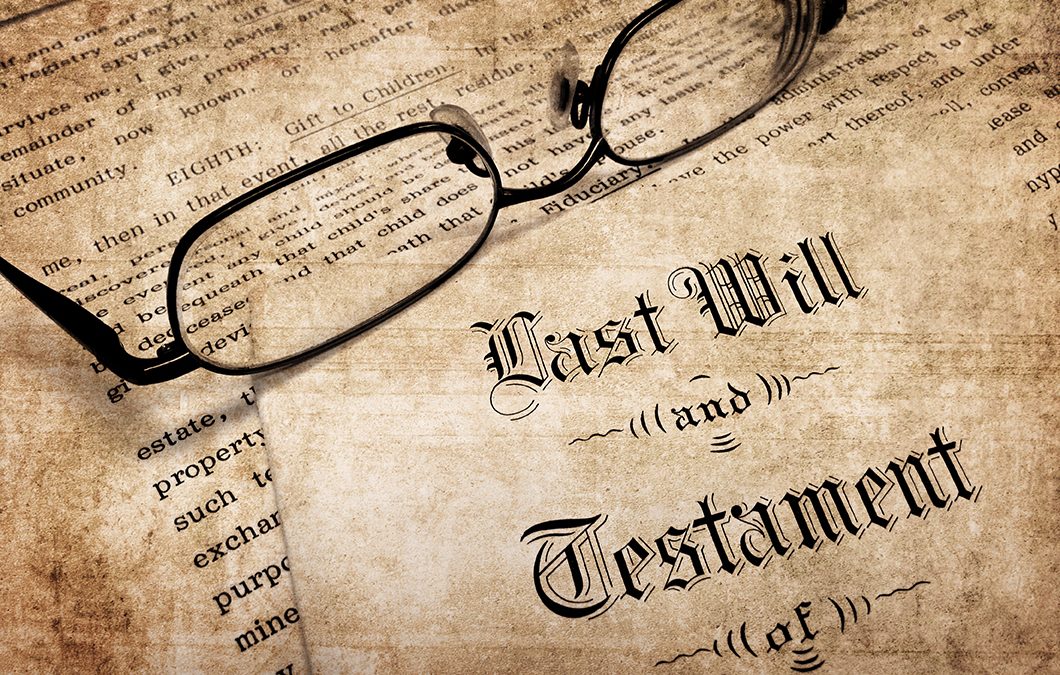1. Distribution of Assets: A will allows you to determine how your assets will be distributed after your death. It provides clarity on who should inherit your property, bank accounts, investments, real estate, and personal belongings. Without a will, the distribution of your assets will be determined by the laws of intestacy, which may not align with your wishes.
2. Reducing Family Conflict: A clear and well-drafted will can help minimize potential conflicts among family members after your passing. By clearly outlining your wishes, you can reduce the likelihood of disputes and disagreements over the distribution of your estate.
3. Tax Planning: A will can also help with tax planning strategies to minimize the tax burden on your estate. By working with an experienced estate planning lawyer, you can explore legal options to reduce estate taxes and ensure that more of your assets pass on to your chosen beneficiaries.
To ensure that your will is legally valid and properly reflects your intentions, it is advisable to consult with a qualified lawyer specializing in estate planning or wills and trusts. We can guide you through the process, help you understand the applicable laws, and address any unique circumstances that may affect your estate planning.

